
Latest News
 Four vying for one seat on Newport Selectboard
Four vying for one seat on Newport Selectboard

Plan on track to ship Upper Valley mail to Connecticut for sorting
WHITE RIVER JUNCTION — The U.S. Postal Service will proceed with a plan to move mail sorting operations for Upper Valley communities from White River Junction to Connecticut, according to a USPS facilities study released this week.The plan is...
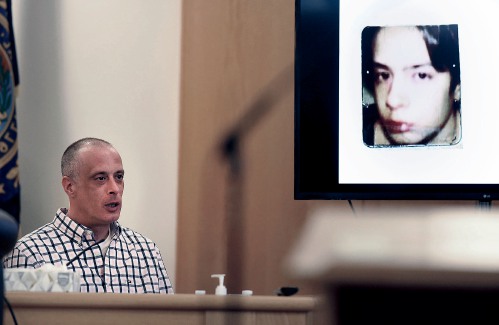
Judge won’t reconvene jury after disputed verdict in New Hampshire youth center abuse case
CONCORD — The judge who oversaw a landmark trial over abuse at New Hampshire’s youth detention center won’t reconvene the jury but says he will consider other options to address the disputed $38 million verdict.David Meehan, who alleged he was...
Most Read
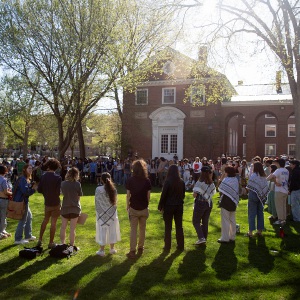 Dartmouth administration faces fierce criticism over protest arrests
Dartmouth administration faces fierce criticism over protest arrests
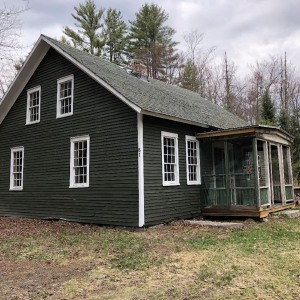 Hanover house added to New Hampshire Register of Historic Places
Hanover house added to New Hampshire Register of Historic Places
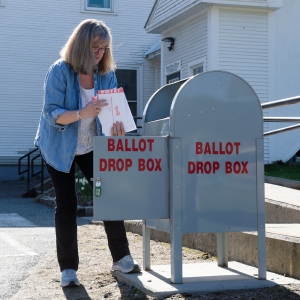 Sharon voters turn back proposal to renovate school
Sharon voters turn back proposal to renovate school
Editors Picks
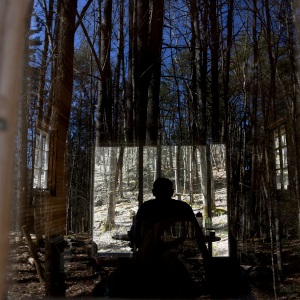 Norwich author and educator sees schools as a reflection of communities
Norwich author and educator sees schools as a reflection of communities
 Editorial: Response to campus protests only adds fuel to the fire
Editorial: Response to campus protests only adds fuel to the fire
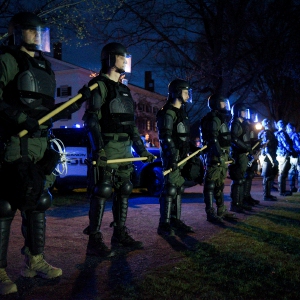 Kenyon: Dartmouth shows it has no patience for peaceful protest
Kenyon: Dartmouth shows it has no patience for peaceful protest
 Publisher’s note: Valley News launches updated online app
Publisher’s note: Valley News launches updated online app
Sports
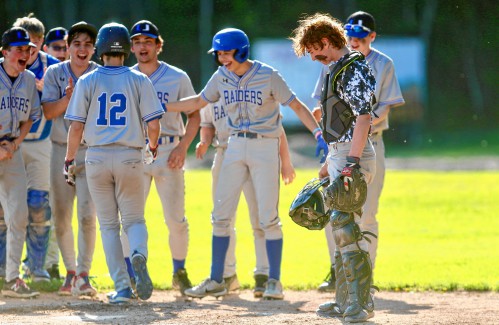
Young Oxbow baseball team struggles, but coach still finds joy in teaching the game
BRADFORD, Vt. — Oxbow High’s baseball scoreboard remained aglow half an hour after Tuesday’s game with U-32. Not that the Olympians needed a lengthy reminder of the loss or its 22-6 denouement.Oxbow is 1-6 and has been outscored 91-36 this season....
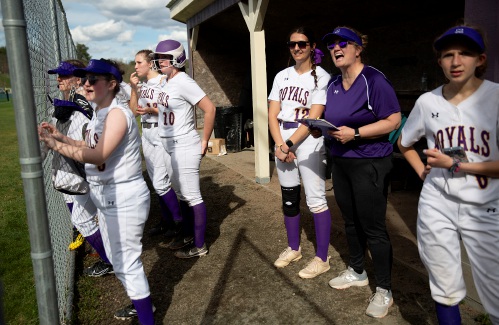 Local Roundup: Hartford tops Woodstock in close girls lacrosse contest
Local Roundup: Hartford tops Woodstock in close girls lacrosse contest
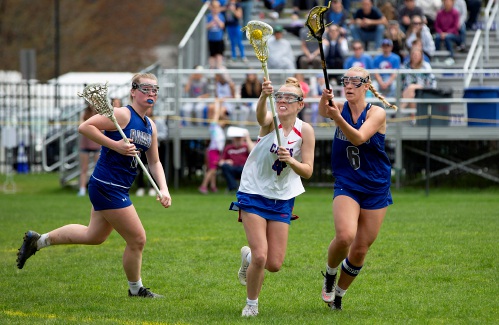 Hurricanes earn 10-9 victory over U-32 in girls lacrosse
Hurricanes earn 10-9 victory over U-32 in girls lacrosse
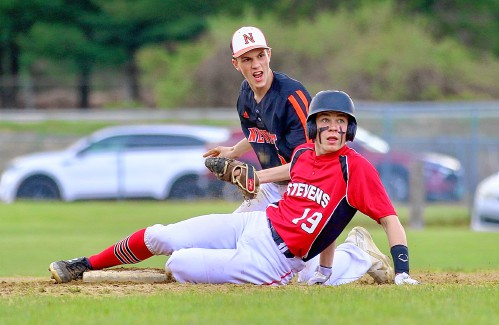 Stevens, Newport baseball split high-scoring games
Stevens, Newport baseball split high-scoring games
 Lebanon High senior comes to the aid of driver with health problem
Lebanon High senior comes to the aid of driver with health problem
Opinion

Editorial: Chris Sununu’s moral vacuum
New Hampshire Gov. Chris Sununu’s conversion from “Never Trump” to “Ever Trump” occurred not on the road to Damascus but on the Republican Party’s road to perdition.On ABC News last Sunday, Sununu affirmed his intention to support Donald Trump for...
 Editorial: Gambling tarnishes America’s sporting life
Editorial: Gambling tarnishes America’s sporting life
 By the Way: A white nationalist’s many mistruths
By the Way: A white nationalist’s many mistruths
 Column: The age-old question of what to read
Column: The age-old question of what to read
 Editorial: Transparency wins in NH Supreme Court ruling
Editorial: Transparency wins in NH Supreme Court ruling

Photos
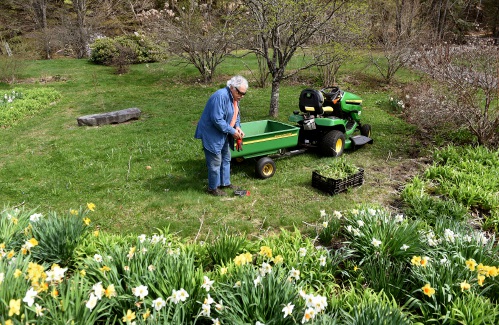
Spring in the garden
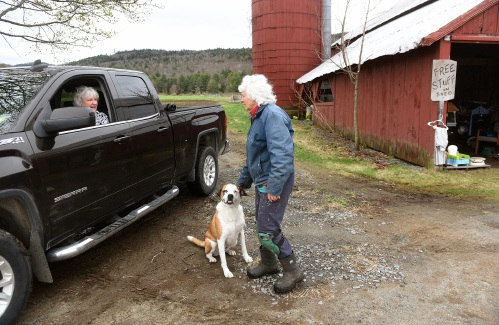 Deposit with interest
Deposit with interest
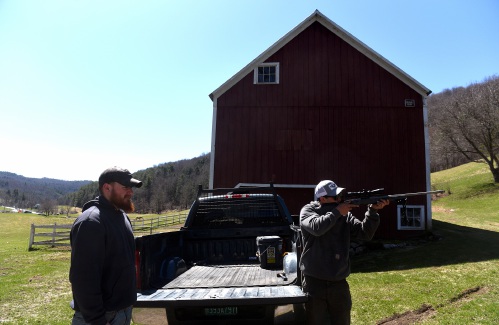 Scoping things out
Scoping things out
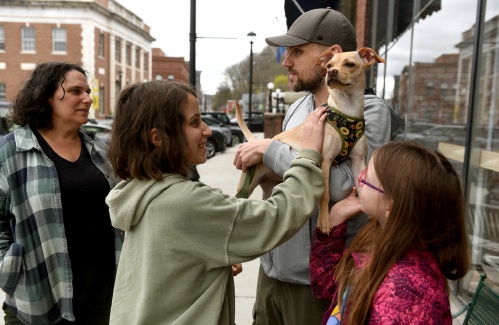 Pampered pup
Pampered pup
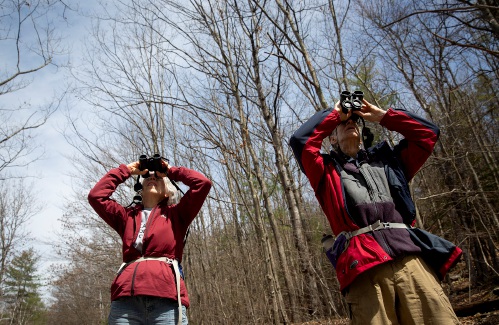 Eyes and ears
Eyes and ears
Arts & Life
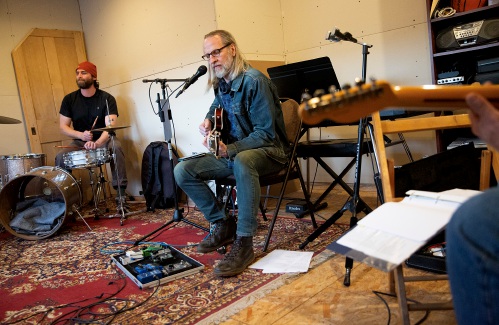
Art Notes: Canaan Meetinghouse showcase brings musicians and listeners together
CANAAN — A few summers ago, during the pandemic, Martin Decato and Peter Dionne got together to play music. Decato is a longtime pro, Dionne an avid amateur.They looked around for a good place to make music videos, and didn’t have to look far. They...
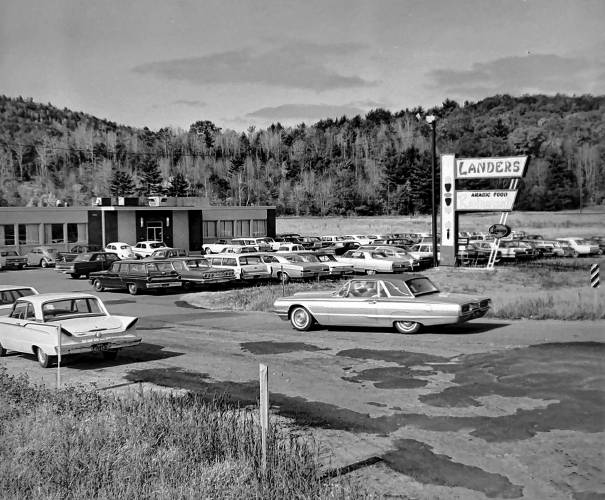 A Look Back: Upper Valley dining scene changes with the times
A Look Back: Upper Valley dining scene changes with the times
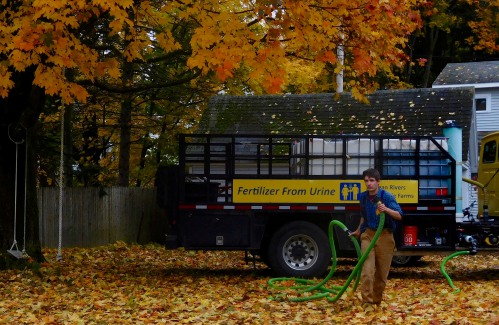 The future of fertilizer? Pee, says this Brattleboro institute
The future of fertilizer? Pee, says this Brattleboro institute
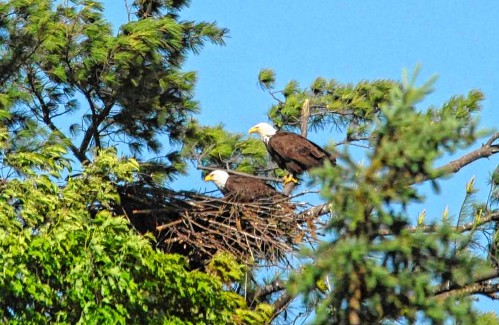 Bald eagles are back, but great blue herons paid the price
Bald eagles are back, but great blue herons paid the price
Obituaries
 Derek Lamson Siegler
Derek Lamson Siegler
Hinesburg, VT - Derek Lamson Siegler, a devoted son, husband, father and friend passed away suddenly on April 29, 2024 from heart failure. He was a kind, compassionate person, who expressed his feelings in his music, art and writing. H... remainder of obit for Derek Lamson Siegler
 Barbara Crowe
Barbara Crowe
Enfield, NH - Barbara Crowe passed away on April 29th, 2024 at Maple Ridge Memory Care in Essex Junction, Vermont at the age of 86. She was surrounded by many who loved her dearly. Barb was a dedicated wife, mother, grandmother, and a ... remainder of obit for Barbara Crowe
 Roberta M. Haley
Roberta M. Haley
Wilder, VT - Roberta M. Haley, age 77, passed Tuesday, May 7, 2024. A full obituary will be published in an upcoming edition of the Valley News. Knight Funeral Home in White River Junction, VT has been entrusted with arrangements. ... remainder of obit for Roberta M. Haley
 Barbara Mae Sprague
Barbara Mae Sprague
Lyme, NH - Barbara Mae Sprague (Hood), age 92, passed Tuesday, November 7, 2023. A graveside service for Barbara will be held on June 4th at 11 am at the Highland Cemetery (on High Street in Lyme, NH). Friends and family are welcome... remainder of obit for Barbara Mae Sprague

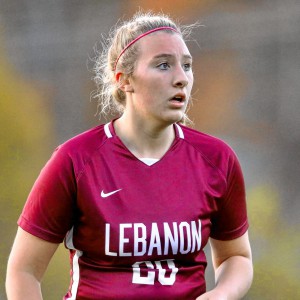 Lebanon’s Jewell back from auto accident, more aware of ‘drowsy driving’ dangers
Lebanon’s Jewell back from auto accident, more aware of ‘drowsy driving’ dangers
 New Hampshire man sentenced to minimum 56 years on murder, other charges in young daughter’s death
New Hampshire man sentenced to minimum 56 years on murder, other charges in young daughter’s death
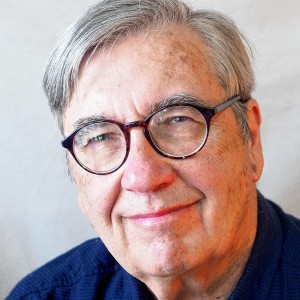 Over Easy: On bread, buttered popcorn and big sandwiches
Over Easy: On bread, buttered popcorn and big sandwiches
 Trucker acquitted in deadly crash asks for license back, but state says he contributed to accident
Trucker acquitted in deadly crash asks for license back, but state says he contributed to accident

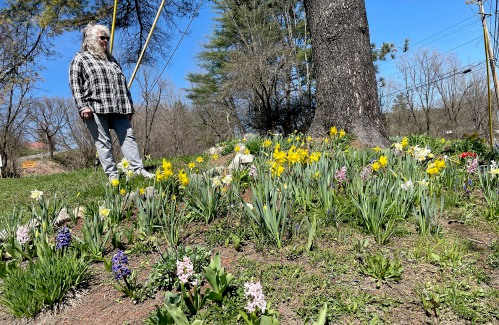 From dirt patch to a gateway garden, a Randolph volunteer cultivates community
From dirt patch to a gateway garden, a Randolph volunteer cultivates community 
